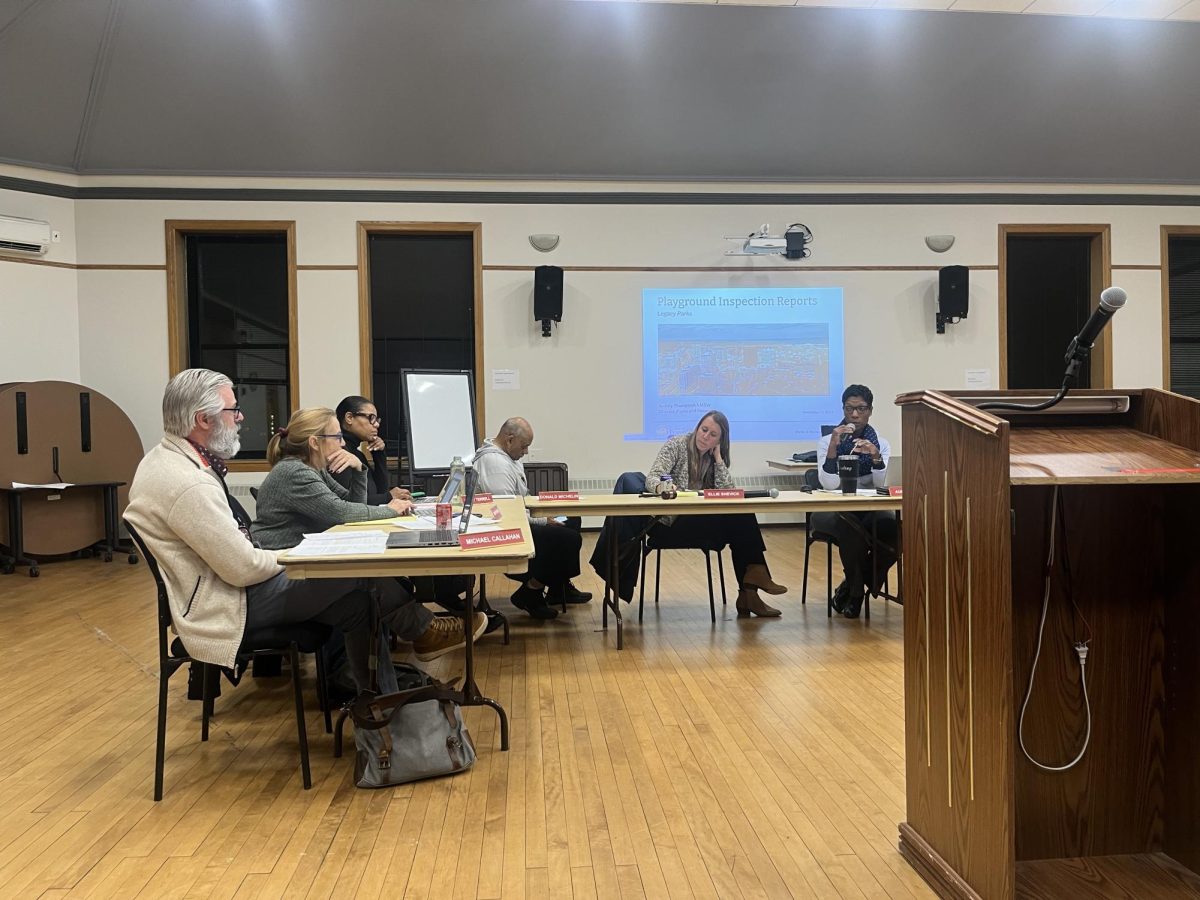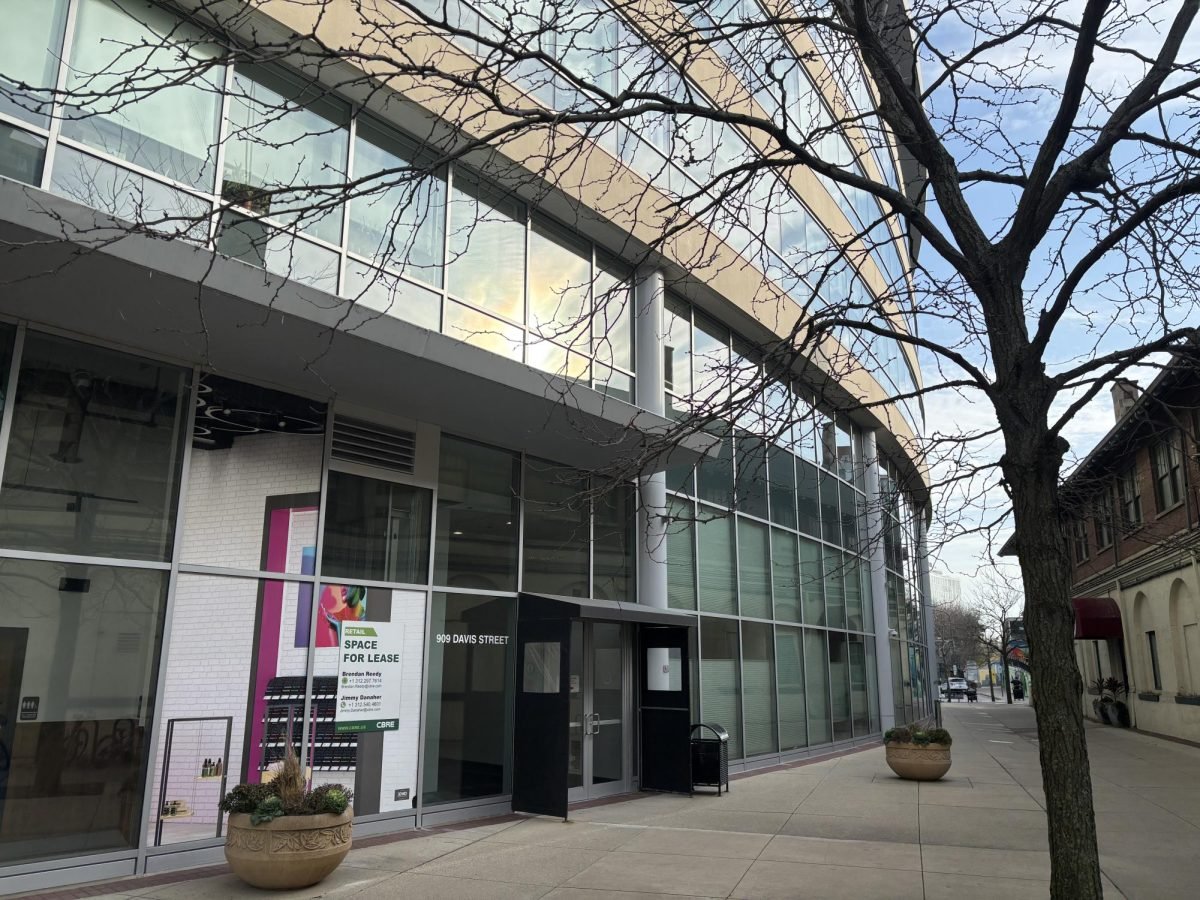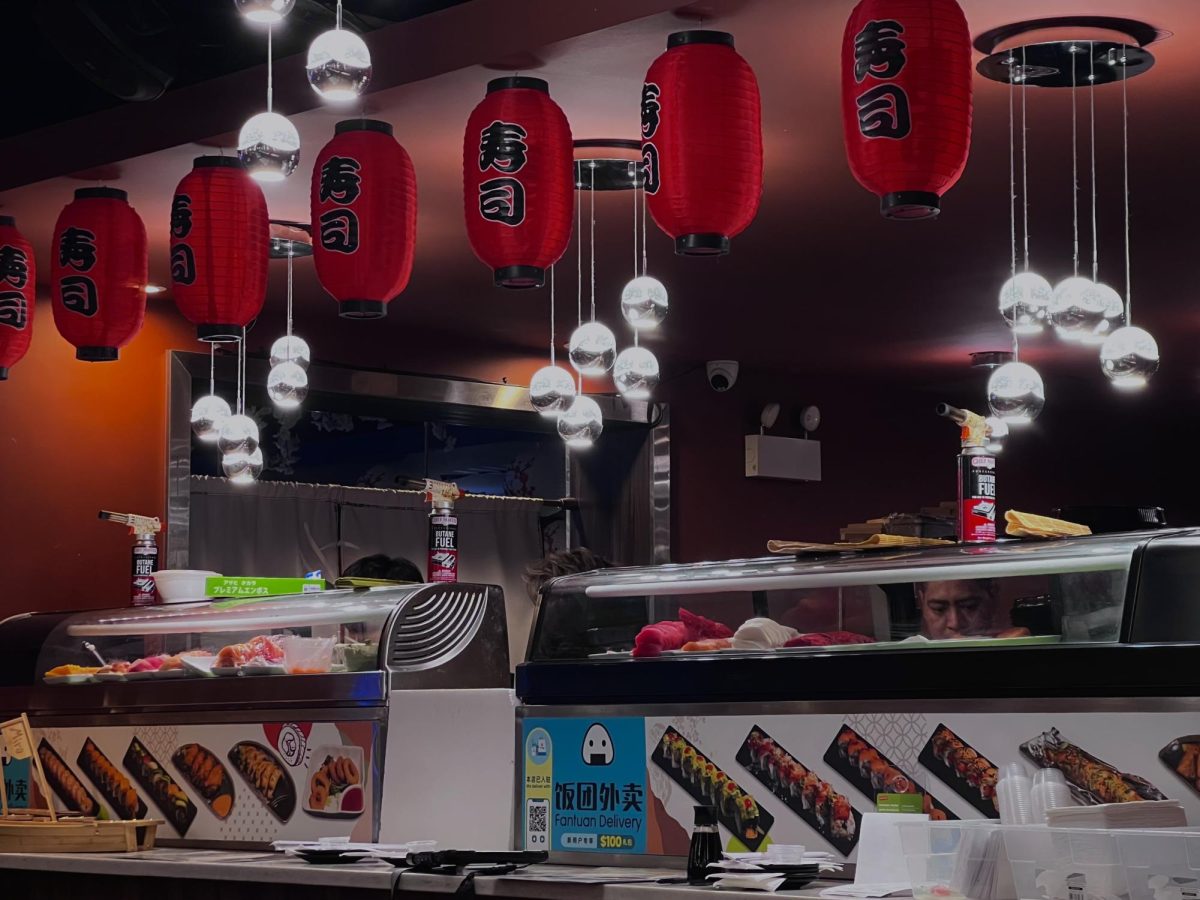Evanston resident May Tchao is a filmmaker whose current project, “Rise of the Phoenix,” casts the issue of women’s rights in China in the context of the country’s rapid progress in recent years. Born in China, Tchao immigrated to the U.S. as a student and had a career in the advertising industry until she gave it up to pursue storytelling through film.
Based on her mother’s difficulties as a Chinese woman, Tchao’s primary interest in filmmaking was to explore what her own life would have been like if she didn’t have the opportunity to immigrate. She is currently raising publicity for her upcoming documentary and fundraising for a follow-up trip to China through Kickstarter.
“Rise of the Phoenix” (the phoenix is a traditional Chinese symbol for women) will cover the lives of five Chinese women of different socioeconomic backgrounds. Tchao has already filmed three, including a rural teacher, a Beijing migrant worker and a successful international lawyer. Despite major differences in those women’s financial situations and education backgrounds, they each struggle to overcome a gender biased society that continues to experience extensive trafficking of women and female infanticide.
Daily: What about this time in your life makes it the ideal moment to pursue filmmaking?
May Tchao: In terms of my work, my career, I have an advertising freelance business and because of the economic meltdown, everything kind of went south, so I thought, ‘What the heck, I’ve done it all my life,’ so I wanna try something new. So in a way, this is a second act for me. At my age, it’s just a beginning, and learning something new.
Daily: What is your interest in filmmaking and telling stories in documentary form?
May Tchao: I think a documentary needs to entertain as well as inform. It needs to be provocative, make people think. A lot of the time there are issues involved, and you need to illuminate that. Things are not always black and white. There’s gray matter, and you ask people to give it some thought, to raise awareness and say, ‘How come this is the way it is?’ For example with this women’s issue, this is the 21st century, and we still have big sexist problems, especially in the developing world.
Daily: What was the most surprising thing you learned from your experience interviewing women in China?
May Tchao: The peasant girl’s experience…I think she had a grade-school education – she had to drop out at 12 years old – and she had to study her way to get a college diploma 10 years later. She was working as a farmhand on her family farm…and she was very proud to show me her diploma. So that was an amazing story. And when I went to her home in Ningxia, she introduced me to her mom who’s illiterate and then she introduced me to her grandma, who still had bound feet. Her grandma is in her 80s, so if you go back, when she had bound feet it was in the 30s. So they are so far removed…Bound feet was abolished for a long time, at the turn of the century, and she had them. And the water situation: they don’t have running water. They still have to go to fetch water from the well, and I always felt guilty to ask for water to wash my hands. Everything was so dusty, and I just felt very sorry that I had to bother them.
Daily: The title of your work, “Rise of the Phoenix,” certainly suggests an optimistic view of the future of women’s rights in China. Despite the stories of discrimination and sexism you heard during filming, what message are you trying to convey through the title?
May Tchao: It is really optimistic because I can see how women in China are really coming up, especially the younger generation who are well-educated and ambitious and driven. I can see it in the faces of these Northwestern Chinese students. I get to talk to them and actually interview them too. I understand there are at least 10 women billionaires in China, and you seldom hear about them but they are there. (The younger generation) are very informed about what’s going on in the west, and they all want to strive. And ultimately, I think the women can change the philosophy of seeing themselves as worthless if they reassess their self worth and assert control in their own destiny.
Editor’s note: This article misquoted May Tchao. The article has been changed to reflect the correction. The Daily regrets the error.





